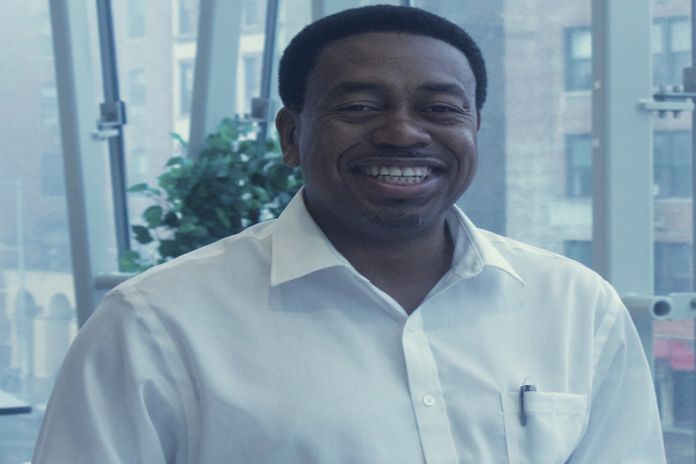By Dr Terrence Blackman
As a member of the Guyanese diaspora, many of my colleagues and I have watched, with great concern, the creeping volatility and uncertainty in the Guyanese political environment, and its negative impact on the effective stewardship of the economy, in particular the emerging oil sector.
Oil reserves like ours carry unimagined potential and considerable risk. The looming constitutional crisis and the attendant political chaos portends a dangerous moment for Guyana. My colleagues and I in the diaspora have been watching and waiting to see if oil might finally make Guyana a better place to do business. So far, we are still waiting.
We have noted that even the most fundamental challenge of securing our new oil wealth-getting it out of the ground—is in jeopardy due to the political and, by extension, governmental dysfunction of the moment. Regulators are months behind on approvals for development. Key measures to ensure that our oil wealth is invested for the future and spent well are not yet in place. There is a desperate need for a sensible and judicious approach to the use of smart regulatory policies in support of Guyana’s long-term economic development, and it simply is not there yet.
Recent reports suggest that regulators fear political blowback for approving projects. We think it is necessary to remind stakeholders that Guyana’s existing regulatory process is comprehensive. One recalls that it emerged from consultation with the World Bank, the Inter-American Development Bank, and the Commonwealth Secretariat. Thus, delaying projects or pushing away investments, under the guise of review, poses a very real threat to the hundreds of companies and thousands of workers in Guyana who depend on the energy industry for their livelihoods. Millions of dollars have been invested in developing local oil and gas capacity. This capacity is likely to be degraded. That investment wasted, and the ability degraded if workers and companies cannot count on sector stability and predictability.
I am one of many Guyanese who, after having left our shores to study in the United States, emigrated, concluding that there were few opportunities at home for careers in my chosen area of expertise. Oil has provided hope that Guyana’s newly graduated scientists, engineers, and business people might see bright job and career prospects at home instead. It would be a terrible shame if we allow our political dysfunction to cause this hope to fade and to let the brain drain that has hurt Guyana for so long to continue when we have an opportunity to end it.
Guyana must affirm, embrace, and transparently communicate its existing petroleum laws and its regulatory framework as it plans for the future. The productivity and viability of the entire sector is a function of its regulatory framework stability. These laws are the basis on which the country and the government enters into contractual arrangements for the development of future oil blocks. These laws cannot become hostages to political gridlock. More importantly, they are a signal to the business community, locally and globally, that Guyana is making an effort to be a better place to work and to do business.
Guyana must mitigate the political and economic risks to the sector’s growth by seeking to build sustainable relationships with its international oil and gas partners—if it hopes to remain in business for the long run.
Dr Terrence Richard Blackman is a member of the Guyanese diaspora, an associate professor of mathematics, and a founding member of the Department of Mathematics at Medgar Evers College. He previously served as dean of the School of Science Health and Technology at Medgar Evers College, where he has worked for more than twenty-five years. He is a graduate of Queen’s College, Guyana, Brooklyn College, and the City University of New York Graduate School.





